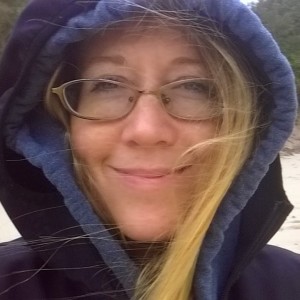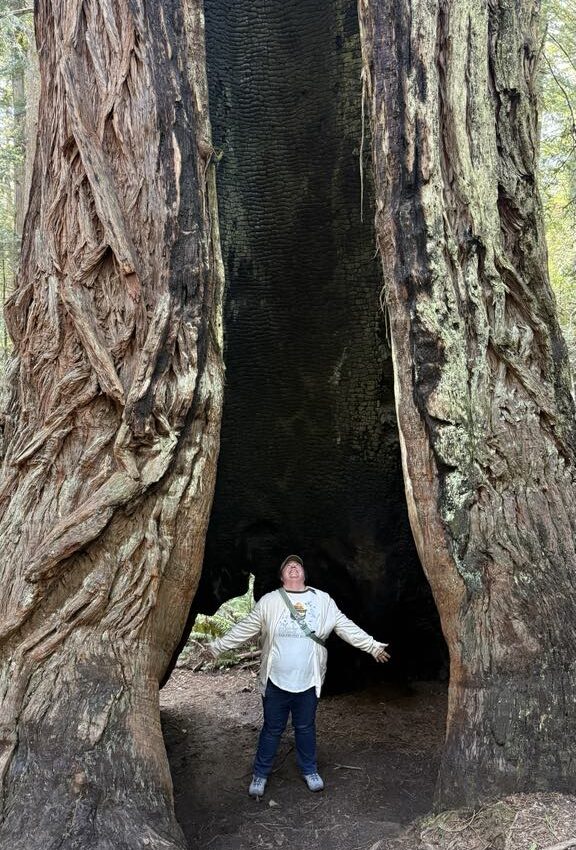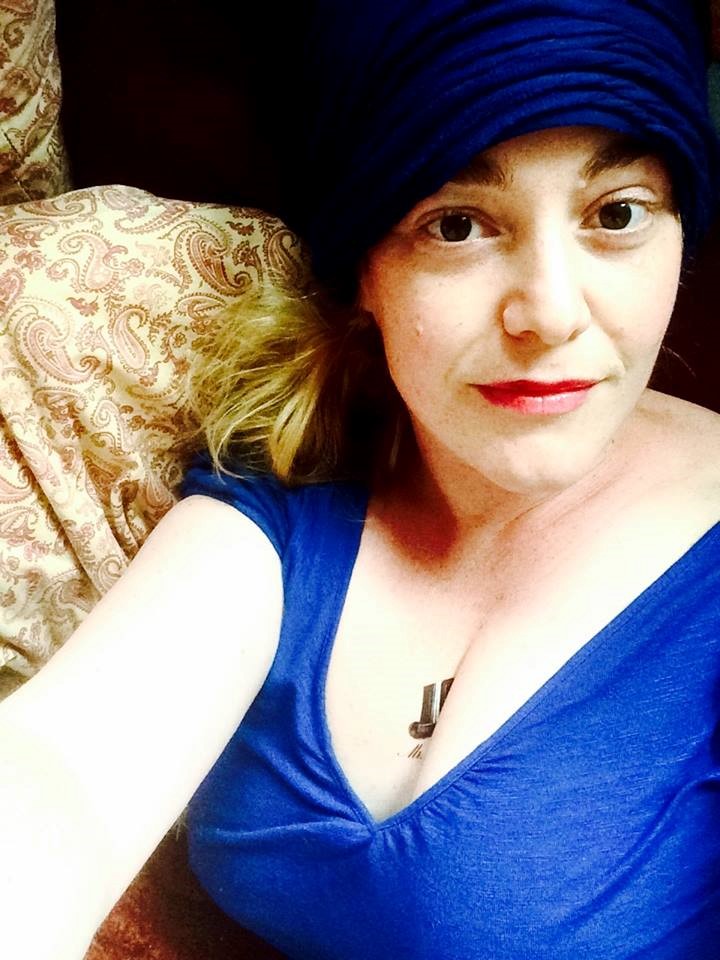 I’ve been a hobby writer since I was 5 years old. It was never a goal to make writing my living. I wanted to be an actress, an FBI agent, a witch. Writing is something I picked up along the way, always doing, but never really believing I could make a living at. I had scads of unfinished stories, book outlines, and wonderful first chapters. But in the back of my mind the voice whispered: “I can just finish it later.”
I’ve been a hobby writer since I was 5 years old. It was never a goal to make writing my living. I wanted to be an actress, an FBI agent, a witch. Writing is something I picked up along the way, always doing, but never really believing I could make a living at. I had scads of unfinished stories, book outlines, and wonderful first chapters. But in the back of my mind the voice whispered: “I can just finish it later.”
There was always later. Time was my security blanket. And just like a child, I didn’t even remember I was clinging to it until someone threatened to take it away.
When I was 19, I was given an amazing gift – the possibility of death. Although my confrontation with mortality was invented – a byproduct of some bad mental wiring and a predisposition for overly creative thinking – it was consistent. Every night I woke up at 2am, drenched in sweat, and convinced to the core of my soul that I would not live to see the following 2am.
Over the last 15 years, those late-night panic attacks have lessened in frequency, but not intensity. My parents are used to random phone calls telling them I love them, and that I am sorry for anything I’ve done to disappoint them. My husband tolerates the late night/early morning wake-ups, explaining that I know he will be a good single father.
Crazy as it is, this recurrent wrestle with imminent death has molded my thinking. It has shifted my perspective. For years, I have woken up believing I would die. And every night, I ask myself, “What will I do with my last day?”
In the beginning, when faced with those small morning hours, I realized that I needed more time to write. I needed to finish the story. To complete one more chapter. Like Asimov said, “I would type faster.” But when the sun came, and the fear dissipated, I would look at the manuscript and say, “I would, but I really need to do the dishes.”
So my writing languished in the proverbial trunk, covered with excuses. It wasn’t until I realized that stories have their own mortality that I really learned the great power of facing my own.
As I was walking through the bookstore one day, browsing for new reads, I saw a book with the same title as my “need-to-do-the-dishes,” decade-long unfinished trunk novel. And furthermore, when I read the back, there were elements that were incredibly similar. No, it wasn’t that someone had plagiarized my work. They’d simply taken a wonderful, fresh idea and followed through with it. They’d put the words on the pages, perhaps feeling that same sense of dread that I had in those 2am moments. “I have so little time. I must complete this while I can.”
Yes, death hangs over the unfinished story. It comes in the form of laziness, ambivalence, and lost opportunity. The author clings so hard to the façade of story immortality that they put off the work, drowning their creative child in reasonable excuses:
“I’ll finish it when the kids are grown up.”
“I’m just too busy right now.”
“It’s really not that important.”
“I’ll do it later.”
There is no later for some of us. For some of us, the next 24 hours is all we have. If you don’t want to spend at least a few minutes of that last day making sure your story outlives you, put down your pen now. Turn off the computer, close your manuscript, and go find something else to focus your energy on. Writing isn’t for you.
The thesis is simple: Write to Spite Death. If that doesn’t hit home, then Write Like Someone Else is Already Writing Your Story.
Because they are. And no matter their skill level, fame, or past successes, they will NEVER be able to write it the way that you do. Great stories are told and retold throughout the ages. We have tropes and archetypes that appear endlessly, because they are vital to our basic conception of story. Yet your story, no matter how cliched or hackneyed it feels, can only be written by you. Like a child, it is the only one in the world that can be formed from your blood and your experiences.
When I faced my own mortality, I felt inspired to write for me. When I faced the mortality of my story, I felt inspired to write for everyone else. This turned me from a hobby writer into a serious writer. It gave me the motivation to make words my profession. It gave me the tenacity to finish my book and dozens of stories. It gave me the passion to write every day. To write faster.
As writers, we have the power to create. And we have the power to let our creations languish in the dishwater.
In order to be better writers, more dedicated artists, and more truly alive, we must throw off the shroud of invincibility that keeps us safe and moderate. We must look into the possibility that today, this week, this month, this year, might be our last. What will we have to show? Will the story that we so desperately want to tell ever reach the person it was meant to inspire?
In that light, there is no time left to do the dishes. There is only time left to do the things that bring us most joy and fulfillment. There is only time left to finish your story, to make it as lovely and honest as possible before time runs out. To hopefully have something in your hands that brings understanding, peace, enjoyment, and a little bit of yourself to the ones who need it most.
You and I will die, someday. Our stories don’t have to.
Leave the dishes dirty and write.
 Willow Becker has spent the last two decades finishing and publishing stories both online and in print. Her first published novel Solace, is under completion. She lives in the Salt Lake City, Utah area with her husband, daughter, and pug. To read more of her advice for writers and embarrassing personal stories, visit her website at www.weirdlittleworlds.com.
Willow Becker has spent the last two decades finishing and publishing stories both online and in print. Her first published novel Solace, is under completion. She lives in the Salt Lake City, Utah area with her husband, daughter, and pug. To read more of her advice for writers and embarrassing personal stories, visit her website at www.weirdlittleworlds.com.




So very true. I keep putting off my stories because I don’t think I am a real writer of fiction. Poetry is my passion. But I do have other stories in me. I need to write them. THank you #loveandink
Thank you for reading, Kiana! I appreciate that very much.